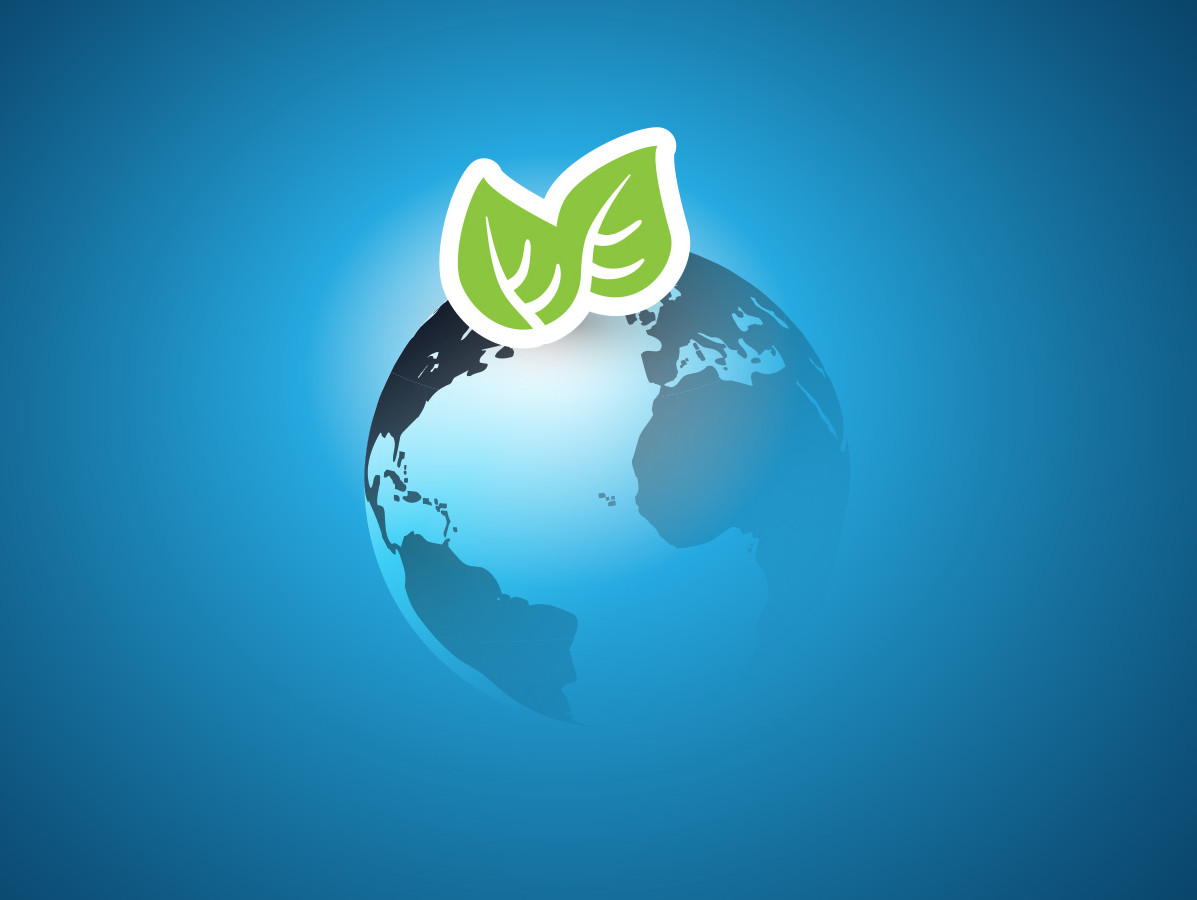
Testaankoop, a Belgian consumer organization, warns that CO2 neutral claims on products can be misleading to consumers. Buying carbon credits, to offset CO2 emissions, is not reliable because these credits are not sufficient for 100% compensation.
There is no single standard or clear official definition accepted in Europe to handle the claim of carbon neutrality. This can lead to a proliferation of terms to describe offsetting emissions, leaving consumers unaware of what the producer is really doing to have less impact on the climate.
The Belgian consumer organization investigated products with a carbon-neutral label and found that these claims are scientifically false and misleading. Ecological advertising claims, such as "CO2 neutral," come close to greenwashing. Greenwashing occurs when a company markets its products or services as "green" or "environmentally friendly" without being able to prove it. Moreover, companies claiming to sell climate-neutral products sometimes give false information about their actions.
Test Procurement demands the banning of these types of claims about carbon neutrality. It is important to note that purchasing carbon credits is not enough to offset carbon emissions. Reducing carbon emissions by manufacturing products is a better way to reduce climate impact.
The consumer organization urges companies to be more transparent about their actions to reduce climate impact. Companies should prove their claims about carbon neutrality by having independent third parties review and certify them. It is also important that certifiers be impartial and not paid by the companies.
The following 13 products were audited: Chiquita bananas, Actimel, Evian Water, Wine from Hardys Nottage Hill, Wine from Château La France, Innocent Orange juice, Spa water, BeClimate bananas, Beyers Fortissimo coffee beans, Café Royal caramel coffee, Brugge cheese, Greenway chipolata and Wasa whole wheat crackers.
Source: Testaankoop